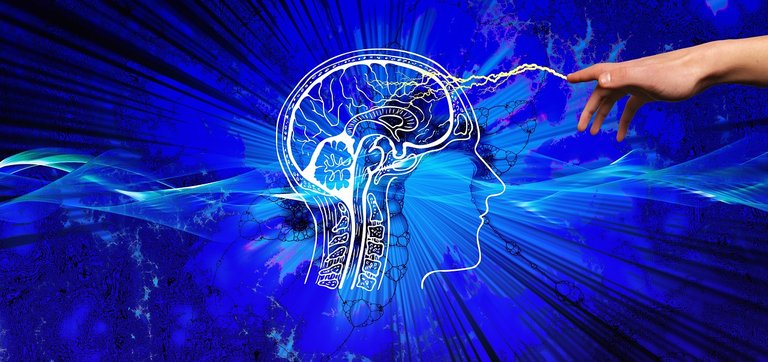A few weeks ago, I became fascinated by the concept of neural plasticity following an engrossing discussion with a neuroscientist. As we explored the intricacies of this scientific phenomenon, I couldn't help but be amazed by the extraordinary capabilities of the human brain, specifically its capacity to adapt and reconfigure or rewire its connections.

Neural plasticity, also called neuroplasticity or brain plasticity, describes the impressive ability of the brain to rearrange itself by creating new neural connections over the course of one's life. This phenomenon enables the brain to adapt its structure and functions based on experiences, learning processes, and changes in the environment.
Picture your brain as a dynamic and constantly evolving organ. This mental image suggests that your brain has the ability to modify its neural networks continually, influenced by your daily interactions and experiences. This adaptability is crucial, serving a pivotal role in processes such as learning, memory formation, and even the recovery from injuries. Essentially, it emphasizes the brain's capacity to adjust and reconfigure itself based on the ongoing stimuli and events in your life.
One of the most intriguing aspects of neural plasticity is its role in memory formation. My interest in this topic was piqued when I observed a friend's remarkable ability to learn a new language in a short period. Understanding how the brain forms and strengthens neural connections during the language-learning process is a testament to the power of neural plasticity.
Neuroplasticity isn't limited to cognitive functions; it also plays a crucial role in rehabilitation after brain injuries. Witnessing a family member recover from a stroke and observing the rehabilitation process showed me the brain's incredible ability to reroute functions and regain lost skills through the formation of new neural pathways.
Various factors influence neural plasticity, and lifestyle choices can significantly impact this adaptive process. Regular physical exercise, a stimulating environment, and continuous learning are key elements that support and enhance neuroplasticity. Conversely, factors like chronic stress, sedentary behavior, and lack of mental stimulation may hinder this process.
Scientists are constantly looking for ways to use the brain's ability to change for helping people with neurological issues. Programs for brain rehabilitation, exercises to improve thinking, and new technologies are being developed to make use of the brain's ability to adapt and enhance the lives of those with neurological conditions.
In conclusion, delving into the realm of neural plasticity unveils the extraordinary capabilities of the human brain. Whether it's learning a new skill, recovering from an injury, or adapting to life's changes, our brains exhibit a dynamic and resilient nature. Embracing a lifestyle that nurtures neural plasticity not only enhances cognitive abilities but also contributes to overall brain health.
As I reflect on the wonders of neural plasticity, I am inspired by the idea that our brains are not fixed entities but rather dynamic and malleable, capable of adapting to the ever-changing tapestry of our lives.
I hope you are excited as I am. Let me here your thoughts on this topic in the comment section. Have a great day.
Reference:
https://www.ncbi.nlm.nih.gov/books/NBK557811/
https://www.verywellmind.com/what-is-brain-plasticity-2794886
Yay! 🤗
Your content has been boosted with Ecency Points, by @willythewhale.
Use Ecency daily to boost your growth on platform!
Support Ecency
Vote for new Proposal
Delegate HP and earn more